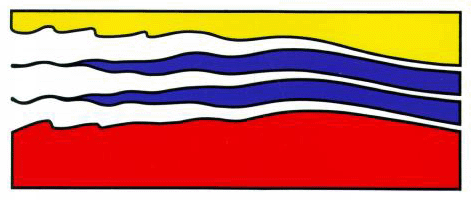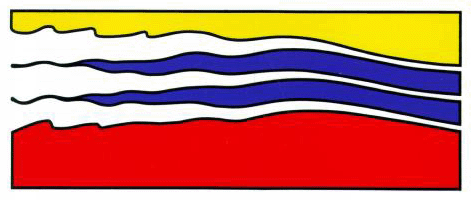
4111 Monarch Way, 3rd Floor
Old Dominion University
Norfolk, VA 23508
757-683-4940


Global climate models (GCMs) provide the best estimates for
assessing the potential changes to our climate on a global basis.
However, GCMs have a coarse resolution and as such information from GCMs
is of limited value at the primary production and catchment level.
Decision-makers (such as local and state governments or businesses)
cannot develop appropriate adaptive responses to the effects of climate
change without locally relevant information. Regional responses require
not just changes to mean climate but information derived from conceptual
models (such as biophysical or hydrological models), agricultural
indices (such as growing degree days) or knowledge of changes to the
likelihood of extreme events on a regional scale. Such regionally
detailed information is not available from GCMs.
The Climate Futures for Tasmania (CFT) project explores the impacts of
rising grennhouse gases on Tasmanian climate, water catchments, extremes and
agriculture. Climate Futures for Tasmania has undertaken a series of
dynamical downscaling simulations using CSIRO's Conformal Cubic Atmospheric
Model (CCAM). These simulations provide high resolution (10 km) output over
the Australian state of Tasmania. The simulations use as boundary conditons
output from six GCMs and two SRES emission scenarios, giving a total of
twelve runs. By modeling the atmosphere at a much finer scale than is
possible using a couple GCM we can more accurately capture the processes
that operate on Tasmania's weather/climate at the regional level and thus
can more clearly answer the question of how Tasmania's climate will change
in the future.
A review of the project and the results obtained will be presented in this talk.
Dr. Stuart Corney is a research scientist in the Antarctic Marine and Ecosystems program within the Antarctic Climate and Ecosystems Co-operative Research Centre in Hobart, Australia. His current project is to investigate projected changes in foodwebs in the Eastern Antarctic by coupling a food web model (the Australian Antarctic Division's EPOC model) to an ocean model (ROMS). Prior to his current appointment Stuart spent 2.5 years at the Climate System Modeller for the Climate Futures for Tasmania Project at the Antarctic Climate and Ecosystems CRC. Stuart graduated with a Ph.D. in Mathematical Physics from the University of Tasmania and CSIRO Marine and Atmospheric Research.

|
Innovation Research Park Building I 4111 Monarch Way, 3rd Floor Old Dominion University Norfolk, VA 23508 757-683-4940 |

|